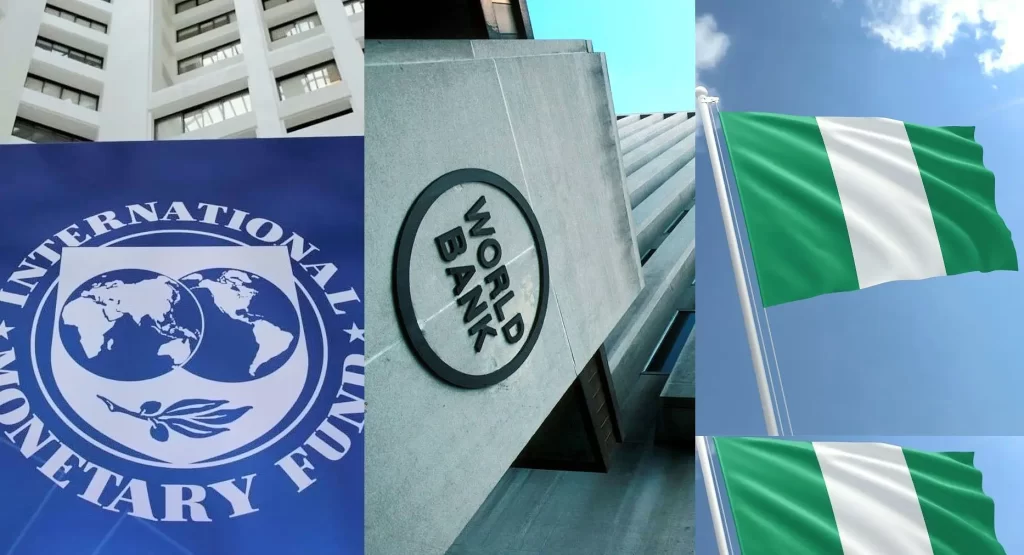Nigeria’s external debt servicing has surged significantly in 2024, with the country spending a total of $2.32 billion to meet its obligations to the World Bank and International Monetary Fund (IMF), according to a report by the Debt Management Office (DMO).
This represents a sharp increase from the $998.92 million Nigeria paid in 2023. The bulk of this year’s debt servicing went towards the IMF, which received a total of $1.63 billion, comprising solely of principal repayments with no interest charges.
The World Bank, on the other hand, received $689.44 million, broken down into $663.23 million to the International Development Association (IDA) and $26.21 million to the International Bank for
Reconstruction and Development (IBRD).
The combined payments to both institutions marked an impressive 134% year-on-year increase, driven primarily by repayments to the IMF.
This increase in debt servicing contributed to a broader rise in Nigeria’s total external debt servicing, which reached $4.66 billion in 2024, up from $3.5 billion in 2023.
The rise in multilateral debt servicing comes as Nigeria’s fiscal situation remains under strain. With limited revenue generation capacity and a fluctuating naira, the country is becoming increasingly reliant on concessional loans from institutions like the World Bank to fund critical development projects.
Notably, Nigeria’s debt to the World Bank increased by $2.36 billion in 2024, while its obligations to the IMF declined by $1.67 billion.
The DMO’s data further reveals that Nigeria’s total external debt stock grew to $45.78 billion by the end of 2024, an increase of $3.28 billion from 2023.
The World Bank now accounts for 38.9% of Nigeria’s total external debt stock, up from 36.4% in 2023. Conversely, Nigeria’s debt to the IMF dropped to $800.23 million, reflecting a reduction of 67.6% compared to the previous year.
The report highlights Nigeria’s growing dependence on multilateral lenders for financing, with the World Bank’s share of the country’s total external debt surpassing that of the IMF.
As the country continues to service its growing debt, there are concerns about the long-term sustainability of such financing strategies, especially amidst ongoing fiscal challenges.
In response to these developments, Finance Minister Wale Edun recently emphasized the government’s shift towards equity investments and public-private partnerships, aiming to reduce reliance on debt and stimulate economic growth through private sector involvement.
Do you want to share a story with us? Do you want to advertise with us? Do you need publicity for a product, service, or event? Contact us on WhatsApp +2348183319097 Email: platformtimes@gmail.com
We are committed to impactful investigative journalism for human interest and social justice. Your donation will help us tell more stories. Kindly donate any amount HERE




